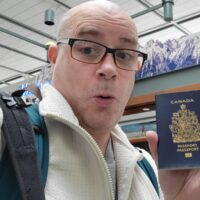So, Cuba Trip 2024 has come to a close.
Since being back, the most often asked question I get is “did you enjoy your trip?”
And, the honest answer is, yes.
Despite the country not being geared towards tourists at all and despite the intricacies and differences in the way the country, as a whole, functions compared to the rest of the world, I really enjoyed my time there.
Cuba has now become one of my favorite countries I’ve visited.
So, why is Cuba so fascinating?
Well, frankly, the way the country functions and the way the Cuban people live is so different from almost every other country in the world.
For me, it really opened my eyes and made for an enjoyable trip learning about Cuban life.
Here are some tidbits I found along the way…
Two Cubas
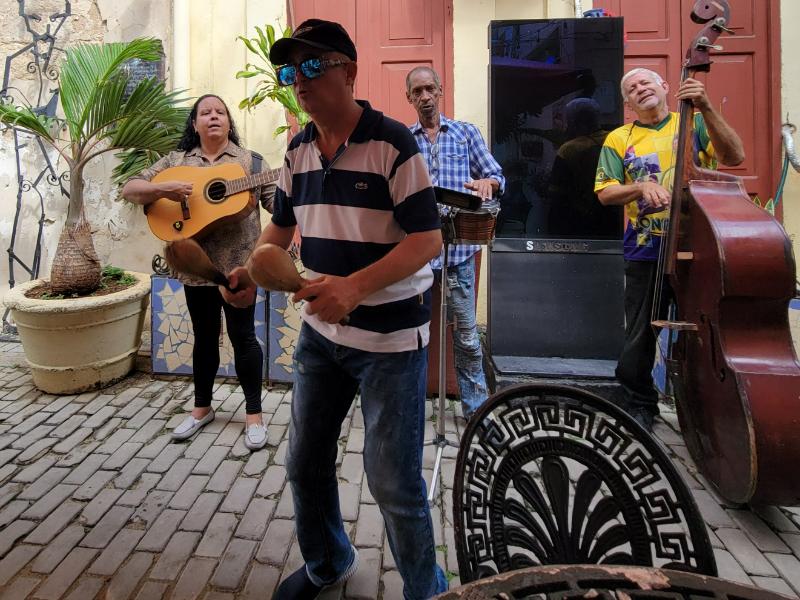
There are two Cubas people see when they visit.
For many, a trip to Cuba means a trip to Varadero 150km northeast of Havana at an all inclusive resort.
In Varadero, you’ll be pampered on hand and foot, lie on a beach, sleep in a nice comfy hotel bed, and hang out with other tourists.
Now, for many, this is the dream vacation but you’ll never actually see the “real” Cuba that way.
For me, I opted to go the other way.
Spending nights in casa particulares, eating at paladars, riding the local bus, and walking down random streets amongst the locals.
If you want to learn what Cuba is all about, this is the only way to do it.
Income
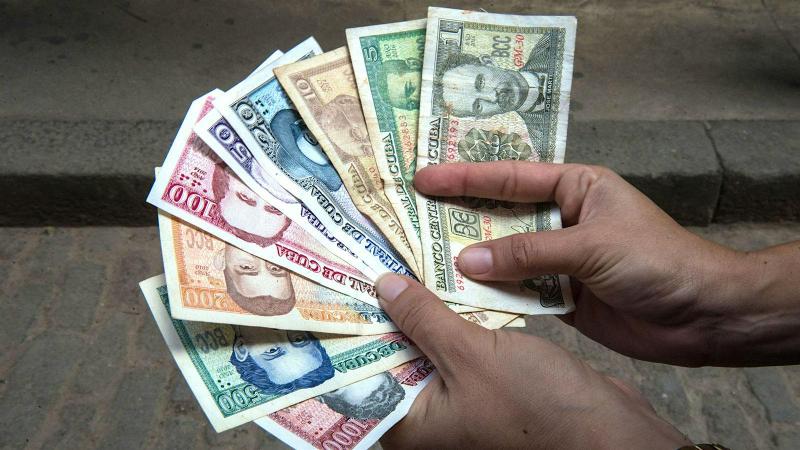
The average Cuban earns just 2500 pesos per month which is about $10. If you’re a teacher or doctor, your salary is double that at 5000 pesos.
Politicians earn more than triple the average Cuban at 8000 pesos ($32) but it’s the police who are paid the most at 12,000 pesos ($40) per month.
I wanna be a cop?
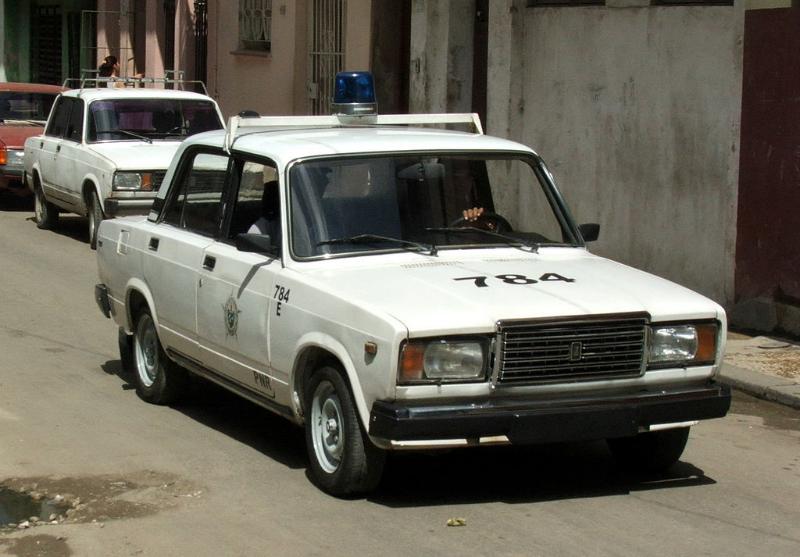
When I heard about the salaries, my natural follow up question was “do kids then dream about being a police officer when they grow up?”
And the answer, surprisingly, is no.
Despite the much higher wage, many Cubans don’t see the police as working to “serve and protect” but rather to “punish and destroy”.
They don’t want to be put in spots where they’re ordered to do things they’re uncomfortable with.
The currency
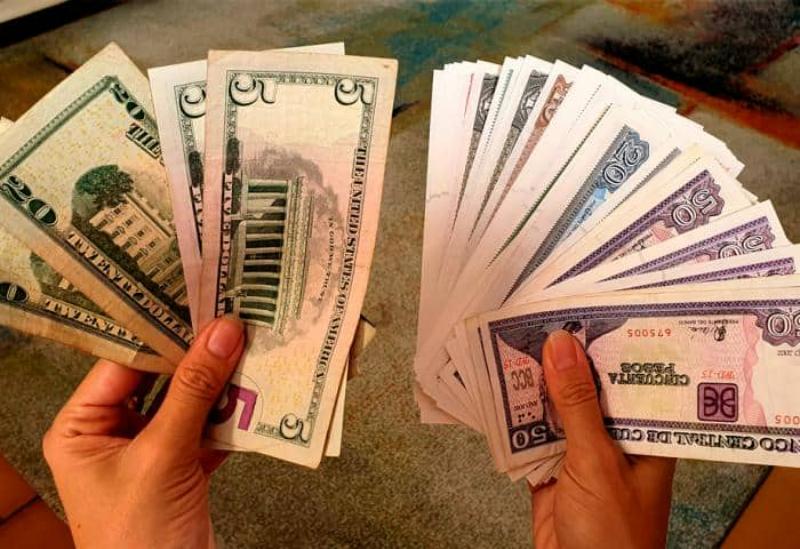
You’ll find things here either priced in US dollars or in Cuban pesos.
Taxi rides, tours, casas and some higher end restaurants will be priced in US dollars.
Almost everything else is priced in pesos.
Oh, and if you’re looking up stuff online and the result is from before 2021, you’ll see things priced in CUC.
Cuba used to have two currencies with the CUC having an equivalent value of the US dollar. The government got rid of that currency at the start of 2021
How to get pesos
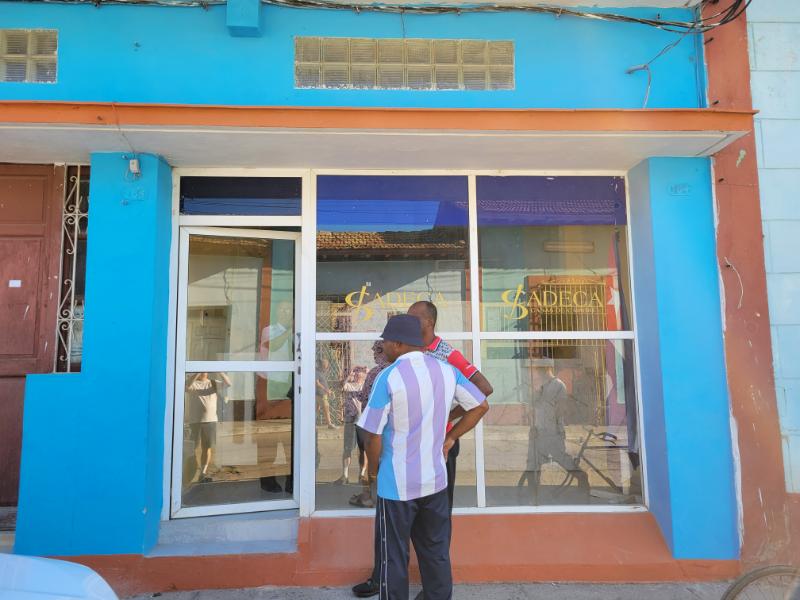
First of all, you can’t get pesos outside of Cuba.
You can get pesos three different ways.
1) You can go to an ATM or bank and withdraw some with your bank or credit card.
2) You can go to a Cadeca office where you can buy pesos with your credit card.
3) You can exchange US dollars or Euros with your casa host, taxi driver, or people on the street.
For options 1 and 2 you’ll get the “official” exchange rate, which at the start of 2024 was 120 pesos per US dollar.
However, almost everybody chooses option 3 and exchange their dollars with someone on the street.
At the start of 2024, the going exchange rate on the street was more than double the official rate at 250 pesos per US dollar.
It’s crazy that you get much better value for your dollars on the street but that’s just the way the Cuban system works.
If you’re a tourist and you’re walking down the street, it’s almost guaranteed you will run across multiple people offering to sell you pesos.
Foreign currency
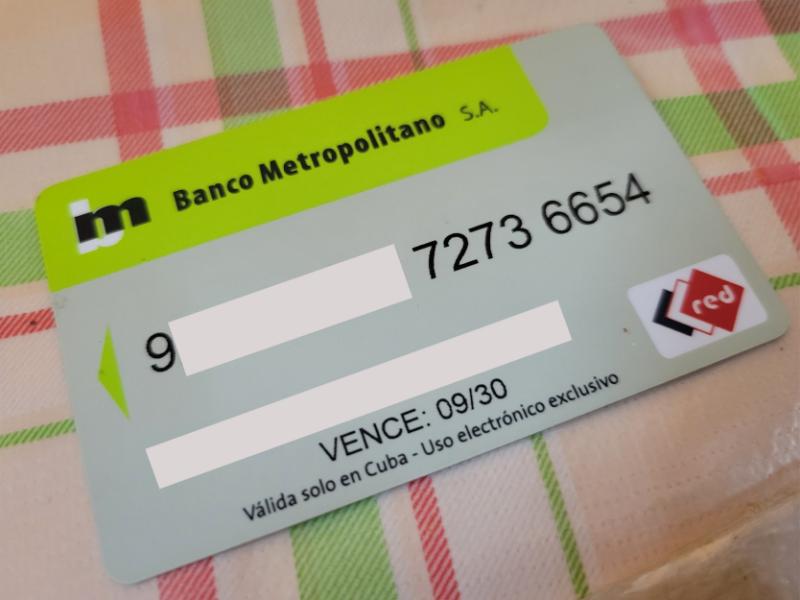
So, why are Cubans all trying to exchange their pesos for US dollars?
Well, I’m sure they make a little money on the actual exchange but, more importantly, foreign currencies are coveted here in Cuba.
Cubans have what are called MLC cards that can only be loaded with foreign currency.
If they’re fortunate enough, they have relatives or friends overseas who can load up their cards for them.
If not, they have to find ways to get their hands on foreign currency that they then deposit at the bank onto their MLC cards.
MLC stores
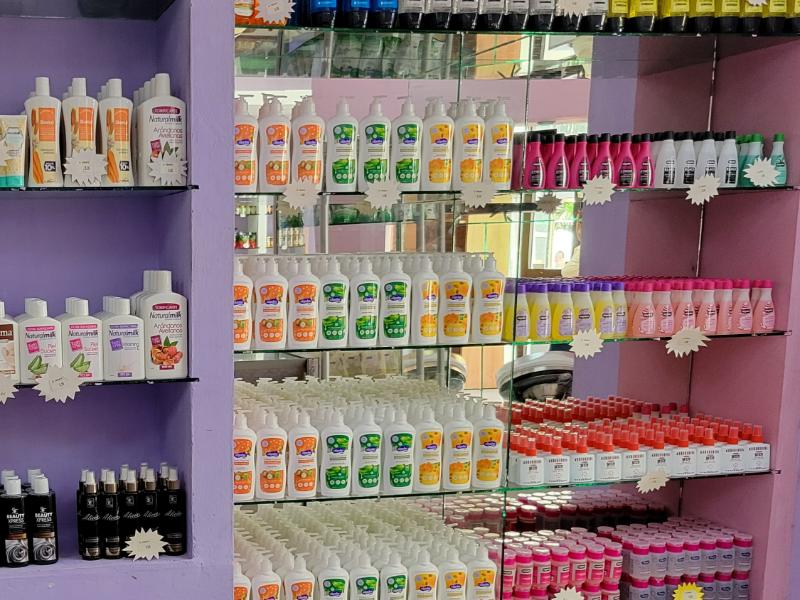
The MLC cards work like credit cards and can only be used at government run stores called MLC stores.
Inside these stores everything is priced in US dollars. You’ll find things like soap, toilet paper, makeup, deodorants, among other things.
If you don’t have money on your MLC card, you have to search for those things on the black market and pay an inflated price instead.
For tourists, we can go inside these stores and use our credit cards (except US credit cards, sorry, but US embargo and all).
Bodegas
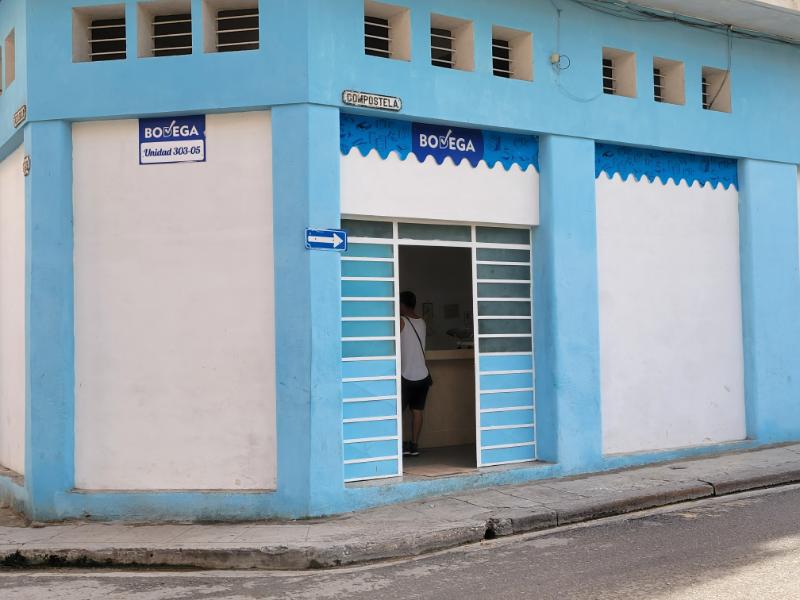
As a communist run country, each Cuban is given a ration of groceries each month.
To get these items, they have to visit a bodega with a printed card where the items are checked off of.
Every month, each Cuban is given the following food staples:
-5lb rice
-5lb beans
-1lb chicken
-5 eggs
-1 pack of coffee
-1/2 a bottle of cooking oil
-milk (if they have a child under 7)
Also, you kind of have to know someone who knows someone to get a job at a Bodega.
If you’re unscrupulous, the job can be pretty lucrative as some people have been known to put their thumb on the scale and pocket the extra rice and beans to sell on the black market.
30 pieces of bread
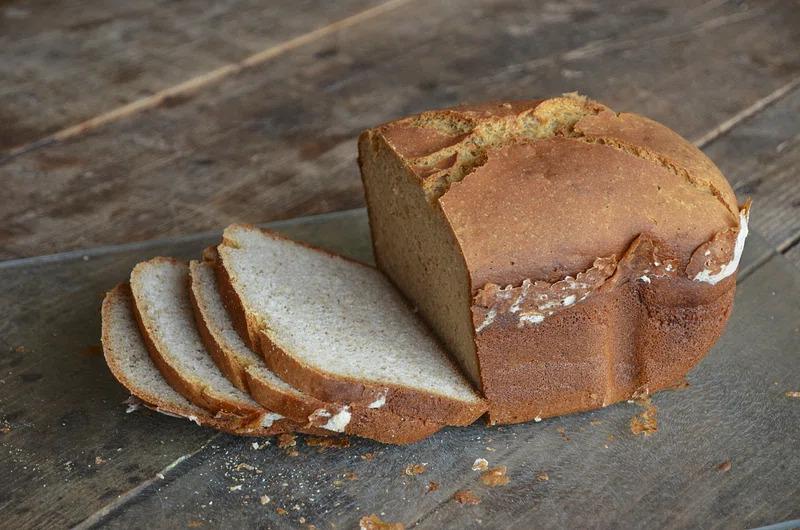
Each Cuban is also given a ration of 1 slice of bread per day.
Just one slice.
But that’s not even the worst part.
They can’t get more than 1 slice per day which means they have to go to the Bodega every day if they want their allotted piece of bread for that day.
Extra money
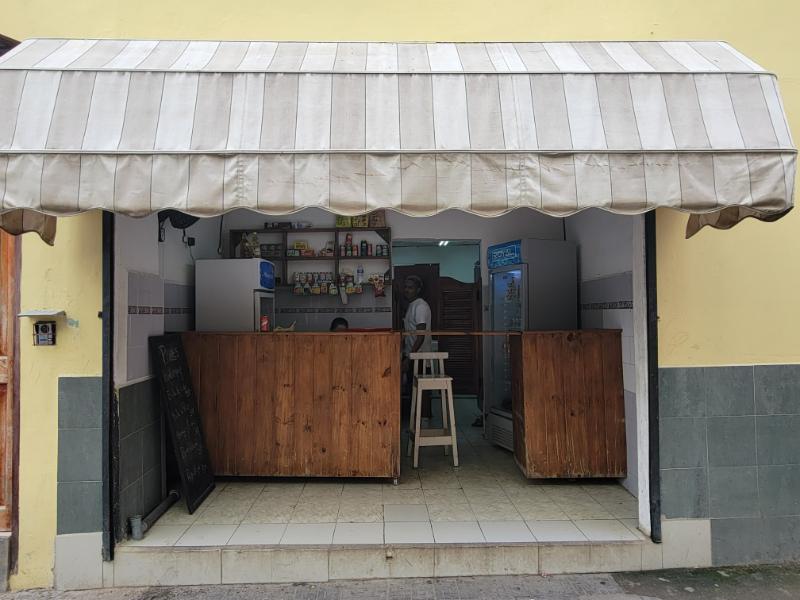
With the average salary so low and people not getting nearly enough rations of food each month, everyone is looking for ways to earn extra money.
Cubans who have learned English have an advantage because they have the opportunity to work in tourism where people will often tip the equivalent of one month’s salary just for a few hours work.
Operating a casa (basically renting a room in your house for visitors to stay) is very common place.
Everyone else does what they can to earn some money.
If you walk down any street in Cuba, you’ll find open doorways in almost every home and an assortment of items to buy sitting on a table just inside.
And let’s not forget the vendors walking up and down the streets blowing their whistle or chanting a phrase over and over again in Spanish.
Views on money
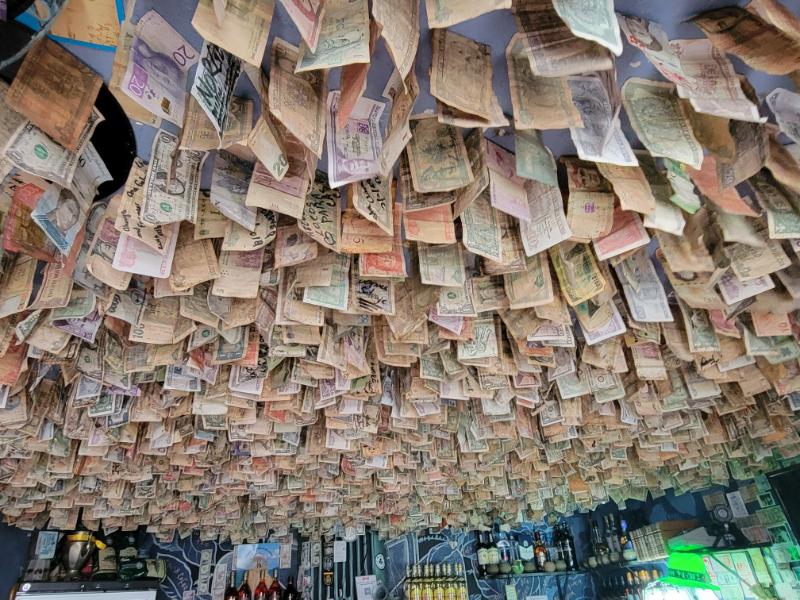
One of the hardest things to reconcile while I was traveling was my perception of price compared to Cubans.
For dinner one night I had lobster with two drinks and the price came out to $14.
Now, for me, as a visitor to Cuba, $14 is a ridiculously cheap price to pay for what I got.
Back home, that would easily cost me probably $80.
However, when it comes to Cubans, they would very rarely have a meal like this simply because they can’t afford it.
Yes, for me, $14 is nothing, but for them $14 represents more than a months’ wages.
I asked someone how much it was to take a motorbike taxi a couple kilometers down the road and was told it was expensive.
It was 300 pesos.
That’s $1.25.
But, to them, that was expensive.
Like I said, it was a constant struggle to reconcile the fact that something I thought was cheap was actually expensive in their eyes.
Water woes
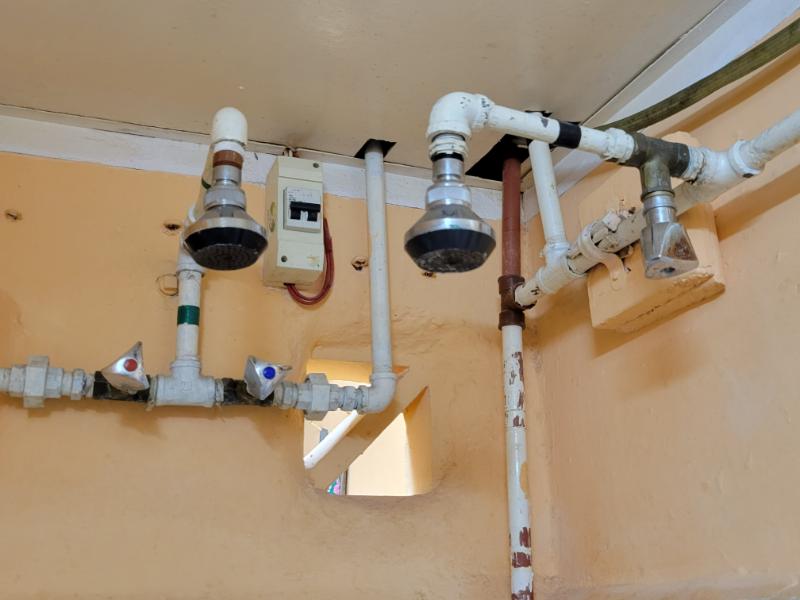
This may not be true for all cities, but in Trinidad, they only get water for two hours every 15 or 30 days.
In that two hours where the water flows from their taps, they store as much as they can into huge plastic tubs to last them until the next time water is distributed.
Every place you pass by has these big plastic tubs on their roof.
A place I stayed at in Havana had two water sources.
One was from a big plastic tub in the actual suite, and the other was from the building’s water supply.
The building’s supply was only available from 6am-noon and 5pm-midnight. If you wanted water outside of that time, it came from the stored water in the tub which was only cold.
So, if you wanted a hot shower, you had to time it right.
It’s little things like this that we take for granted back home that really shed a light on how unnecessarily difficult life is for Cubans.
University
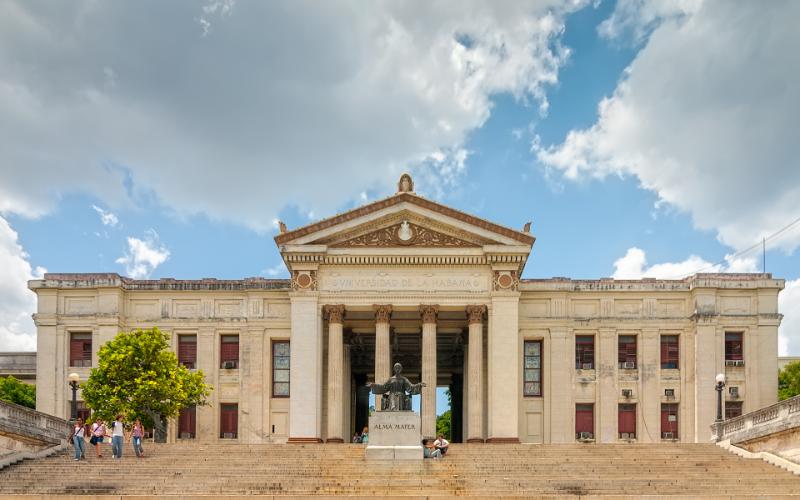
You’d think graduating from University would open some doors to prosperity and wealth.
Well, while that may eventually be true, graduates are required to do three years of “social” work after they graduate.
During that time, their monthly income actually drops from 2500 pesos a month to just 1000 pesos ($4).
Opening up the internet
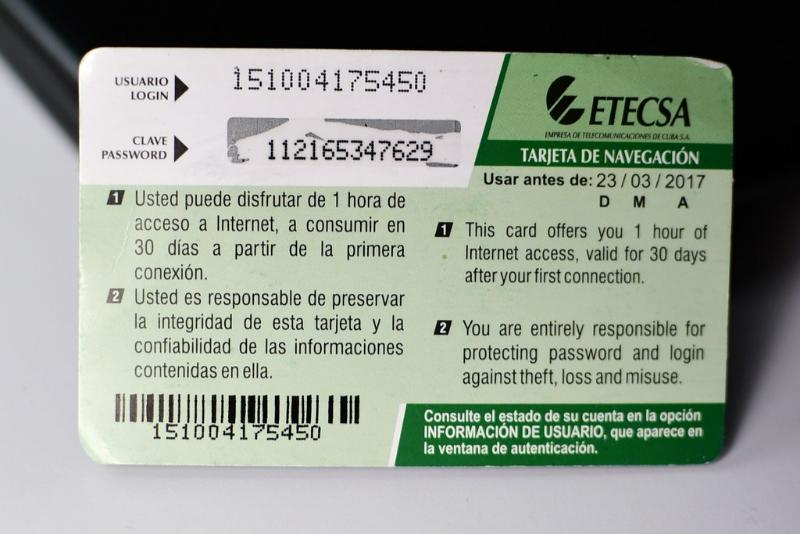
When I visited Cuba on my ill-fated aborted trip back in 2017, getting internet was a monumental task.
Outside of high end hotels, you could only get internet by purchasing a special card with a code on it and going to an internet hotspot to get a signal.
At night, there’d be dozens of people milling around in a park getting their daily fix of very slow internet.
Fast forward 7 years and internet, while still woefully behind the rest of the world, is much more accessible.
Now, many casas have wifi however, because it’s so expensive, they only turn it on for an hour a day.
The big change though is that you can now buy sim cards with data on them.
For $35, I was able to get 6GB data that gave me access to, albeit very slow, internet all the time.
So, what happened? Why did the internet open up?
Well, ironically, it was the tourists who demanded it and finally the government relented and opened up the internet for Cuba.
2021 Revolution
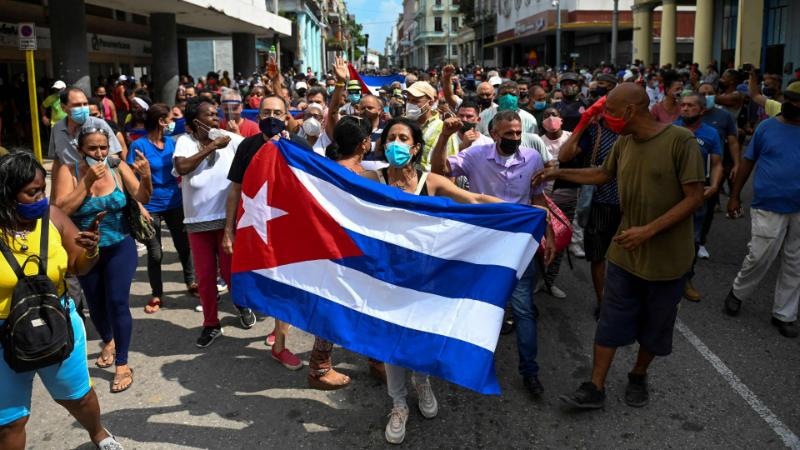
Of course, opening up the internet actually opened up a whole can of worms for the Cuban government.
For all intents and purposes, those in charge want to shade the general population from how the rest of the world lives and operates.
By giving Cubans more access to the internet, people were finally able to really see how the rest of us live.
And, they weren’t happy about it.
In the summer of 2021, there was a coordinated protest or mini-revolution in every city in the country.
People marched in the streets demanding change.
The government did not like that.
They shut it all down pretty quick and put alot of the protesters in jail. Some, in fact, are still serving out their punishment.
Alot of people were also blacklisted meaning that if they ever were able to travel overseas, there’d be a very real possibility that they wouldn’t be allowed to return.
Oh, and the government shut off the internet and closed all the stores for 15 days as punishment.
Yeah, revolution in a communist country is not something that happens without serious repercussions.
Leaving the country
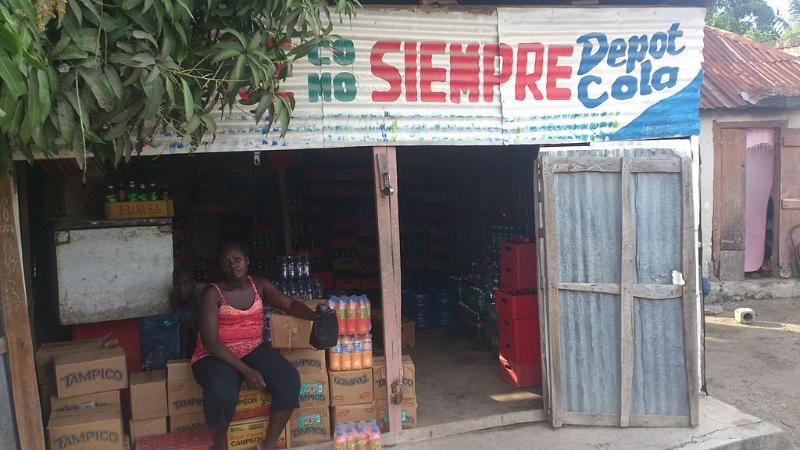
Very few Cubans ever leave the country. They simply can’t afford to and will never have enough money saved up to visit anywhere else in the world.
Some Cubans do, however, visit Haiti as the island is relatively close.
They return with tales of how everything is so readily available and talk about how there are stores everywhere and you can get things like tomatoes year round.
They are shocked at how well developed Haiti is.
Haiti!
Imagine if they ever came to North America or Europe!
Their heads would literally explode!
Number one export
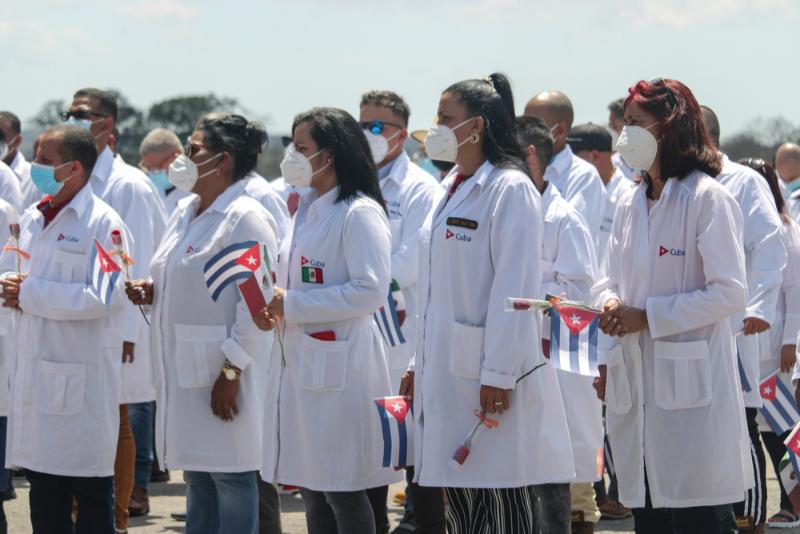
Speaking of traveling – I bet you’d never guess what Cuba’s number one industry is.
Well, it’s not tourism although it is in second place.
It’s the export of doctors.
Every year other countries will pay the Cuban government to recruit their doctors. The doctors get to travel and see the world and also get a higher wage along with free accommodation.
Oh, that higher wage? Yeah, it’s $50/month.
The government, though, gets paid $5000/month from the foreign governments for each doctor they “export”.
The last word
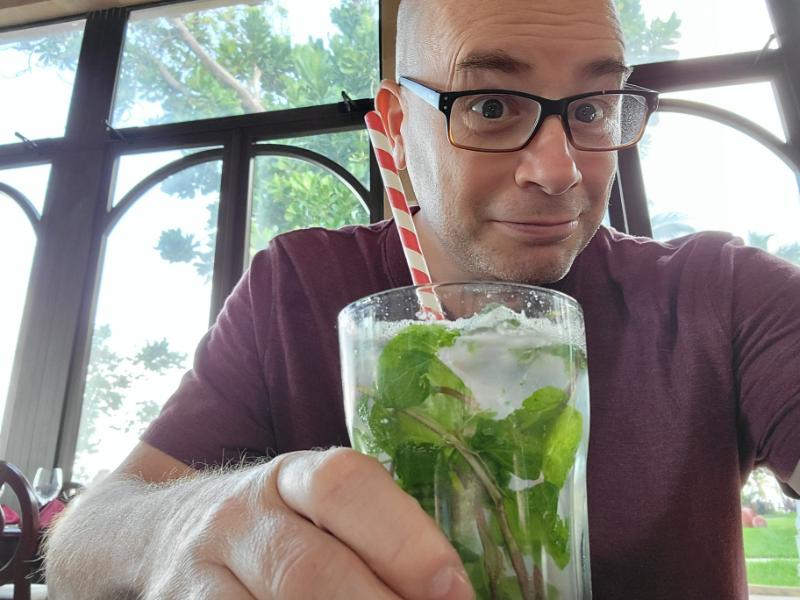
So, those are the things I learned while I was in Cuba.
Is it 100% accurate? No, probably not.
I mean, I still can’t believe some of the stuff and I just wrote it.
Having said that, these are the things I heard as I traveled around Cuba and, honestly, whether it’s accurate or not, this is the perception that people had whether right or wrong.
One thing can be said with 100% certainty.
Life in Cuba is hard and probably unnecessarily so.
Despite that though, they are happy people. They’ve adapted to live their life within the confines that they’ve been given and carry on in spite of it.
It’s all of this that makes Cuba one of my favorite places I’ve visited and somewhere I hope to return to sometime soon.

